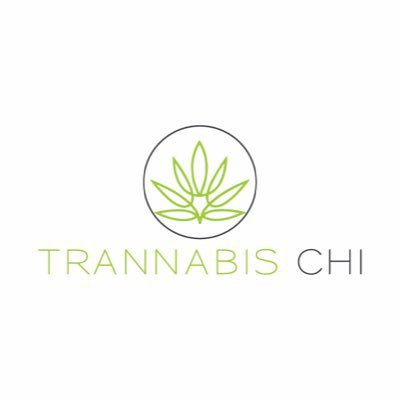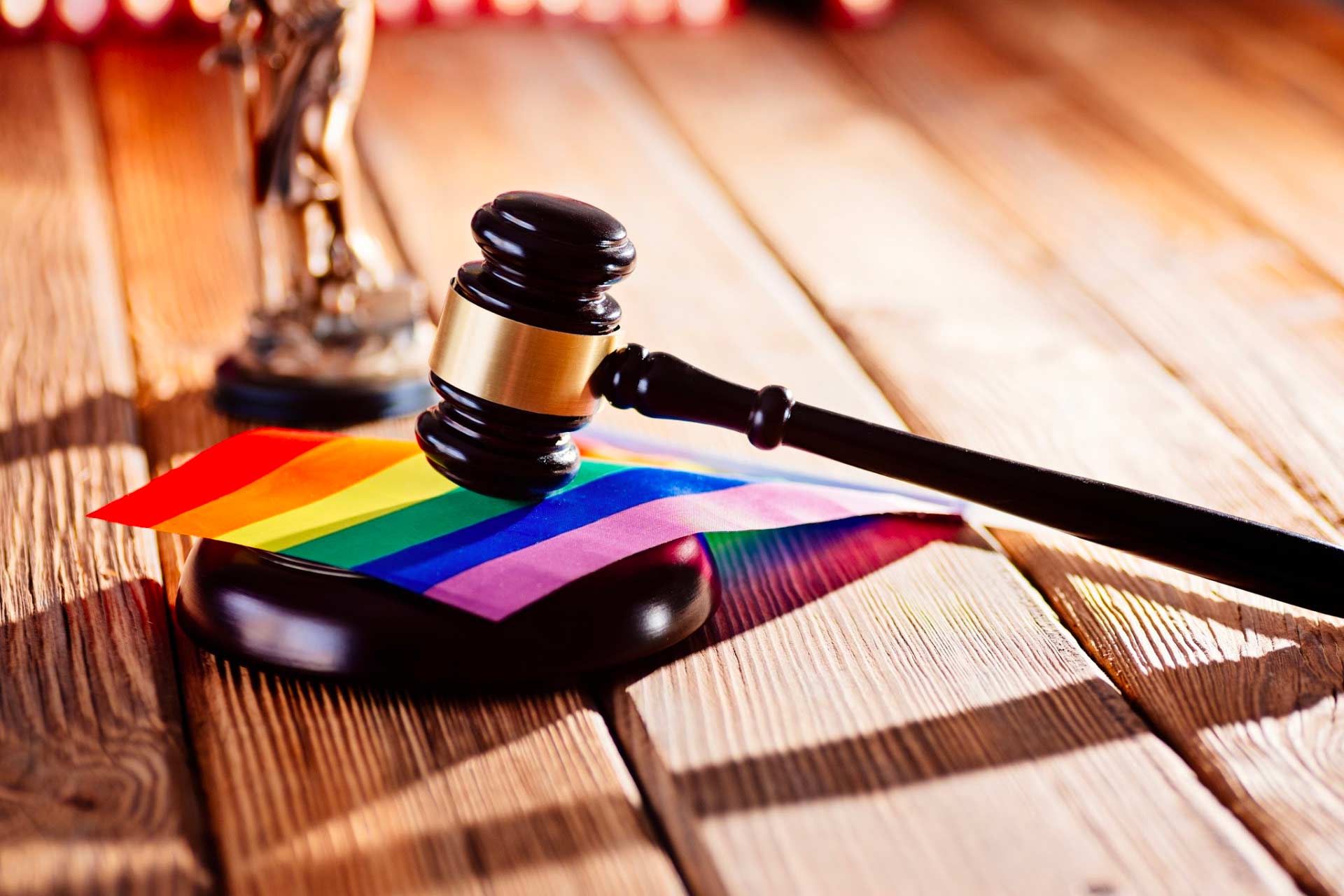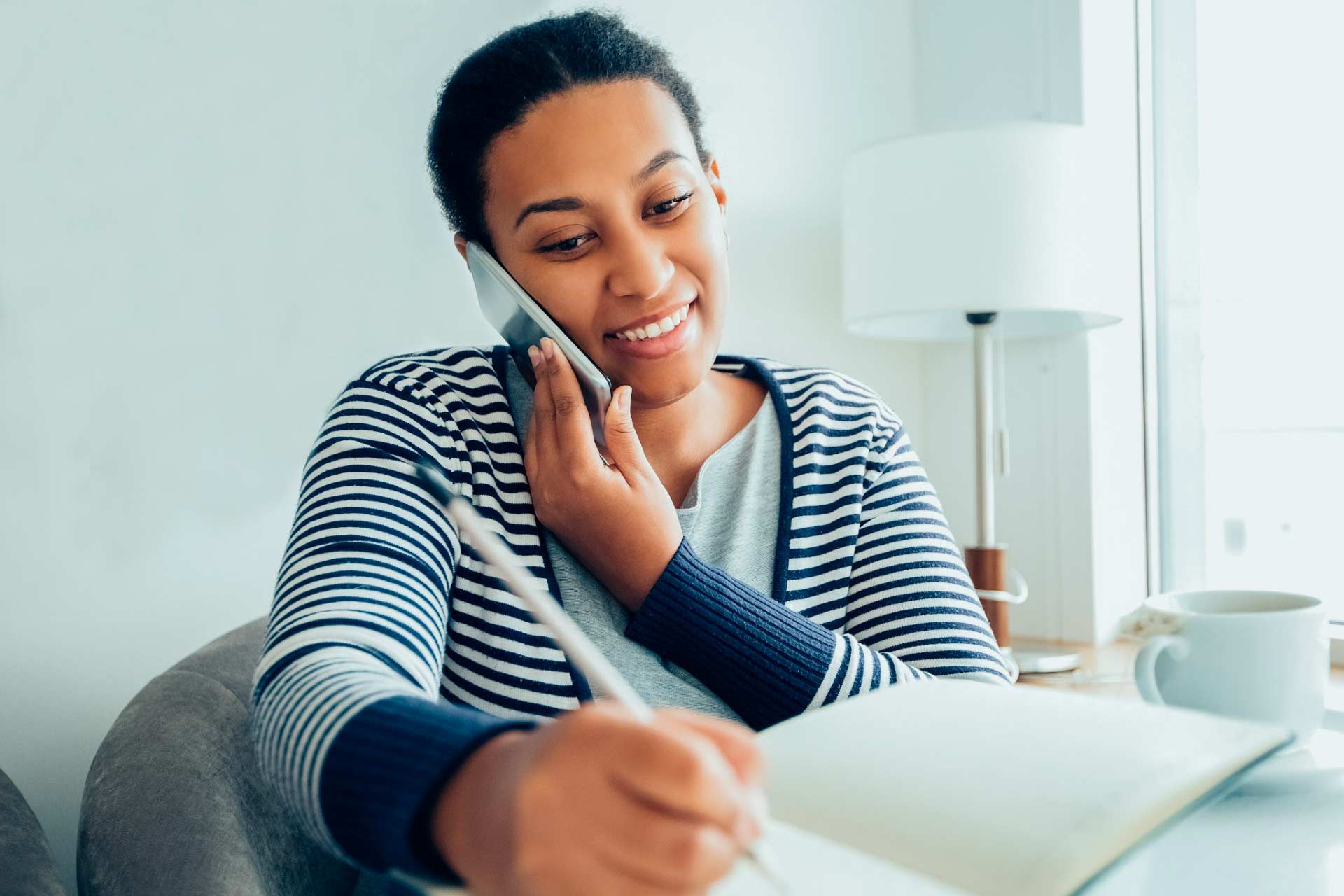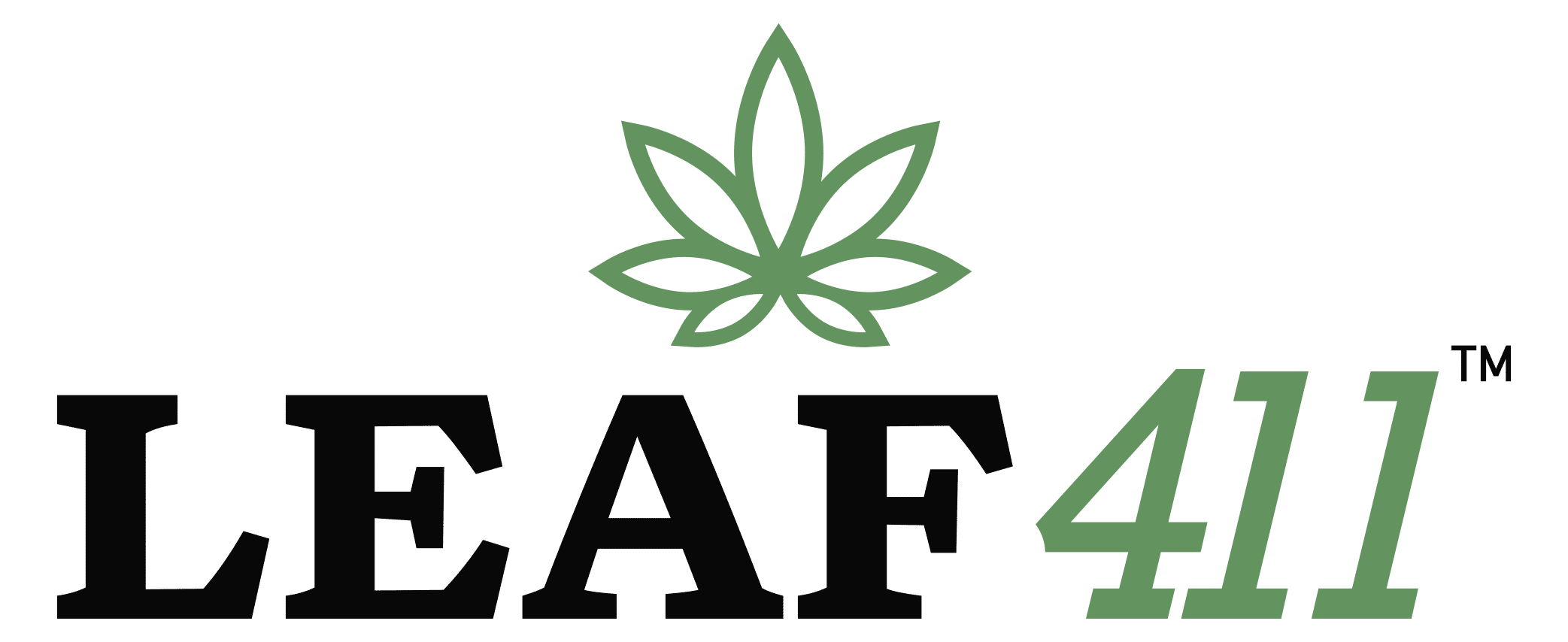Medically reviewed by Katherine Golden, RN
Written by Denise Rustning
Every year, LGBTQ+ Pride is celebrated during the month of June, highlighting the accomplishments and challenges of LGBTQ+ people throughout the world. Typically, millions of people gather during parades, concerts, workshops and other events to share their experiences and advocate for LGBTQ+ rights, including safe, equal access to health care services.
This year’s Pride will look different due to the COVID-19 pandemic and related restrictions. Many events have gone virtual, including the 2020 Denver PrideFest and the 50th Anniversary San Francisco Pride celebration.
Despite the lack of parades and crowded celebrations, it’s important to pause and reflect on the state of LBGTQ+ rights, as well as how they connect to the current movement against racism, bias and police violence, along with the movement for full federal legalization of cannabis. Keep reading—you might be surprised to learn how these issues are all connected!

The History of Pride
Why the month of June? In June 1969, the Stonewall uprising took place in New York City, when LGBTQ+ community members took a stand against harassment and violence they faced at the hands of police. On June 28, 1969, police raided the Stonewall Inn, a neighborhood gay bar. Unfortunately, this was an all-too-common occurrence at the time. However, at Stonewall Inn the patrons and surrounding Greenwich Village community fought back, sparking the beginning of the LGBTQ+ movement.
Notably, the Stonewall uprising was led by several people of color including Marsha P. Johnson and Zazu Nova along with another activist, Jackie Hormona. People of color who identify as LGBTQ+ faced—and continue to face—higher rates of police violence, harassment and discrimination due to the intersecting issues of bias, racism, homophobia and transphobia.
Racism is an issue that Jamie London Wollberg of Trannabis Chi, one of the organizations we support, has recently elevated on his own social media platforms including Facebook and Instagram. Jamie is a trans cannabis patient who deeply believes we all have roles to play in bringing about change.

“While social media can be problematic and is definitely not the solution to racism, it’s absolutely helpful in the movement and for learning. It’s a great time right now to follow people in the Black community, for both support and listening,” Jamie said.
“I have already learned so much. Sharing stories is a powerful way to bring empathy and understanding. Social media is shaped by and helps shape the world, so Black voices deserve to be heard there. I’m heavily motivated for many reasons with the biggest being an empath and therefore, deeply care for people. I believe that we are all connected within the higher collective consciousness.The smallest being the fact that I myself, though I have white privilege, am also marginalized. I am a queer and disabled transgender man who is a spiritual jew. I am spelling it out here to show how you can be marginalized and still have white privilege. Black people are being murdered – racism must end and I have to do my part,” Jamie explained.

Legal Victories and Challenges for the LGBTQ+ Community in 2020
As we celebrate Pride remotely this year, changes are underway that have very real impacts on LGBTQ+ lives. On June 15, 2020, the United States Supreme Court ruled that the Civil Rights Act of 1964 (Title VII) which forbids discrimination based on sex includes LGBTQ+ employees. This clarifies an important workplace protection for LGBTQ+ individuals.
While advocates are celebrating this decision, concerns remain in other areas. In early August 2020, the Trump administration is rolling back non-discrimination protections for LGBTQ+ people in Section 1557 of the Affordable Care Act. While the administration claimed it was simply cleaning up a confusing rule, the rollback could have very real impacts when it comes to access to care. Once the change is made, a health care provider may deny care to someone based on their self-identified gender or sexual orientation, and that provider will not face a penalty for doing so. This is especially concerning in the middle of a pandemic and poses yet another barrier for an already vulnerable community.

What Do LGBTQ+ Rights and Pride Have to Do with Cannabis?
Put simply, at Leaf411 we believe that access to high-quality health care is a universal right. That includes access to safe, legal cannabis.
The LGBTQ+ community has been active in fighting for medical marijuana legalization since the early 1990s. At the time, cannabis had proven to be an effective therapy for reducing the severe side effects of HIV treatment. Even though HIV treatments have been improved with less side effects, HIV or AIDS remains a qualifying condition for a medical card in Colorado.
Many LGBTQ+ people don’t have the option of safe, legal cannabis, however. In 17 states, many of them in the South, cannabis cannot be legally sold either medically or recreationally. Even in states with medical marijuana, the cost of medical card evaluations and registration can be steep, disproportionately impacting both people of color and LGBTQ+ communities. Also, in some states the list of qualifying health conditions is very limited, based more on politics and old stigmas than on the actual science backing cannabis’s therapeutic benefits.
One of the most promising areas of cannabis research is related to Post-Traumatic Stress Disorder (PTSD). While much of the research is focusing on military veterans and PTSD, the same benefits hold tremendous potential for LGBTQ+ folks who frequently experience PTSD as a result of hate crimes, homophobia and transphobia.
In a recent issue of The Emerald Magazine, Marval Rechsteiner shared how cannabis helped him both with panic attacks and PTSD he suffered related to his gender identity and growing up in a conservative area. Rechstiner also realized that cannabis could provide a safe alternative for managing inflammation, pain and healing from surgery.
Cannabis also made a difference for Jamie London Wollberg of Trannabis Chi. He explained, “Cannabis has completely saved my life. Cannabis helped me through my transition, as well as through my numerous health challenges. I have multi-genetic disease, autoimmune disease, chronic illness, mental health challenges, and a brain disorder. I literally felt like I was dying and I wanted to die, many times in my life.”
“Cannabis allows me to be me. It allows me to be the best version of myself I can in any moment. It makes it possible for me to function and/or at least survive the pain I’m experiencing. Cannabis IS healing and it’s my privilege to have lived and to live the path I’m on because it meant finding my way to assisting people on their healing journeys with Trannabis Chi,” Jamie concluded.
Trannabis Chi’s next Body, Mind, and Soul event theme is “A Virtual Slumber Party of Rest and Manifesting Your Dreams” with the event scheduled for July 25, 2020. You can find more information at this link.

Leaf411 Is Here for You
Though the annual Pride month is wrapping up, the fight for equity is a year-round endeavor.
Every day at Leaf411, we hear about the positive impact that access to safe, legal cannabis has on peoples’ lives, including those who identify as LGBTQ+.
At Leaf411, our commitment is to help you find the best cannabis options for your specific needs and goals, regardless of where you are on your cannabis journey. We are sensitive, as well, to the numerous ways that stigma, stereotypes and misconceptions around cannabis have disproportionately impacted LGBTQ+ people, as well as Black, Indigenous and people of color.
As we said earlier, high-quality health care is a universal right. When you call the free Leaf411 hotline at 844-LEAF411 (844-532-3411) or chat us via our homepage during hotline hours, you can expect to be treated with respect and sensitivity.
Not ready to call? Sign up for our newsletter below to stay up-to-date with Leaf411 events and initiatives.
